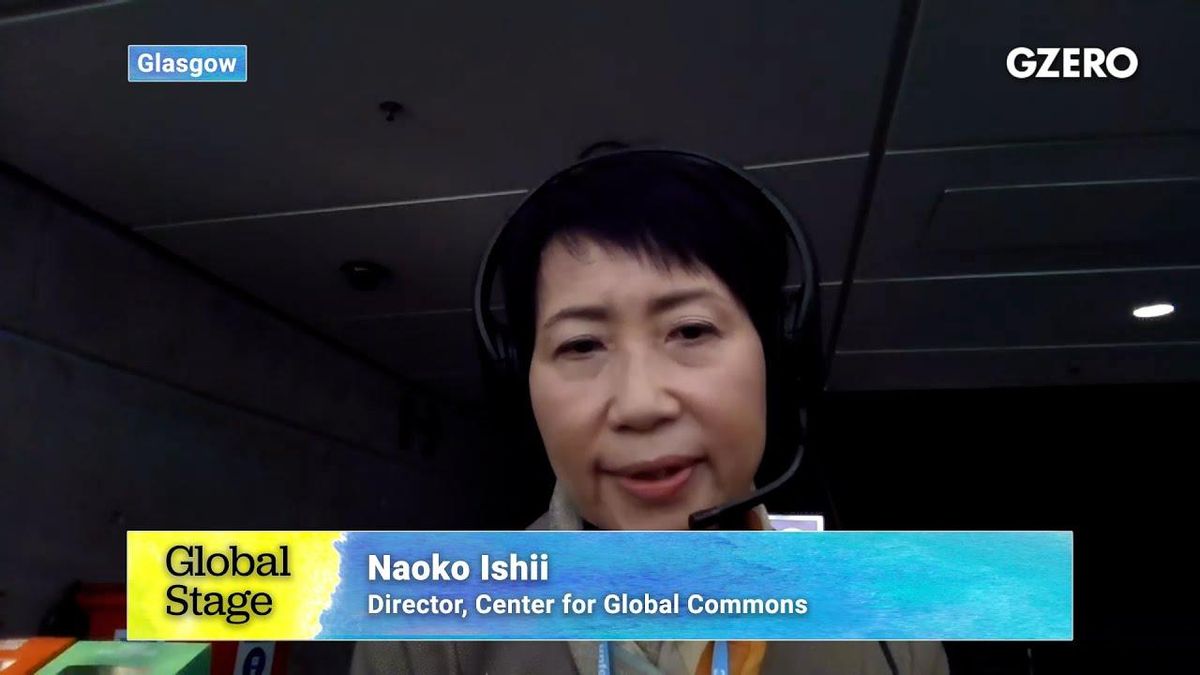Why we need to put a price on carbon: University of Tokyo’s Naoko Ishii
If we are serious about doing the right thing on climate, only incentives to cut emissions simply won't cut it. Naoko Ishii, Director of Center for Global Commons, and Executive Vice President of the University of Tokyo, wants the carrot to be backed up by a stick in the form of a price on carbon that incorporates natural capital into economic policy. Once politicians do that, it'll be a lot easier for companies and individuals to see that further pollution will hurt our pockets as much as it harms the planet.
Ishii spoke during a live Global Stage event, "Climate Crisis: Is net zero really possible?" Watch the full event here.


















